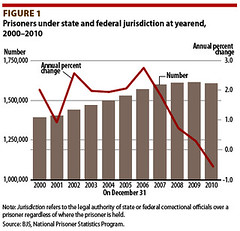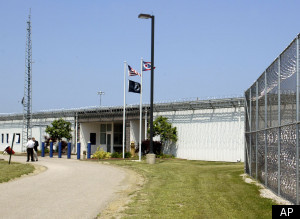 Don’t believe Latin American presidents (former and current) or a global commission including captains of industry or historic statesmen such as Jimmy Carter or major newspapers or Judge Napolitano or law enforcement professionals like Frank Serpico? Ask an economist who spells it out: the War on Drugs is an economic, public safety, and civil rights disaster, and legalization is needed right now.
Don’t believe Latin American presidents (former and current) or a global commission including captains of industry or historic statesmen such as Jimmy Carter or major newspapers or Judge Napolitano or law enforcement professionals like Frank Serpico? Ask an economist who spells it out: the War on Drugs is an economic, public safety, and civil rights disaster, and legalization is needed right now.
Economist Art Carden wrote for Forbes yesterday, Let’s Be Blunt: It’s Time to End the Drug War,
April 20 is the counter-culture “holiday” on which lotsand lots of people come together to advocate marijuana legalization (or just get high). Should drugs—especially marijuana—be legal? The answer is “yes.” Immediately. Without hesitation. Do not pass Go. Do not collect $200 seized in a civil asset forfeiture. The war on drugs has been a dismal failure. It’s high time to end prohibition. Even if you aren’t willing to go whole-hog and legalize all drugs, at the very least we should legalize marijuana.
OK, why?
Continue reading











